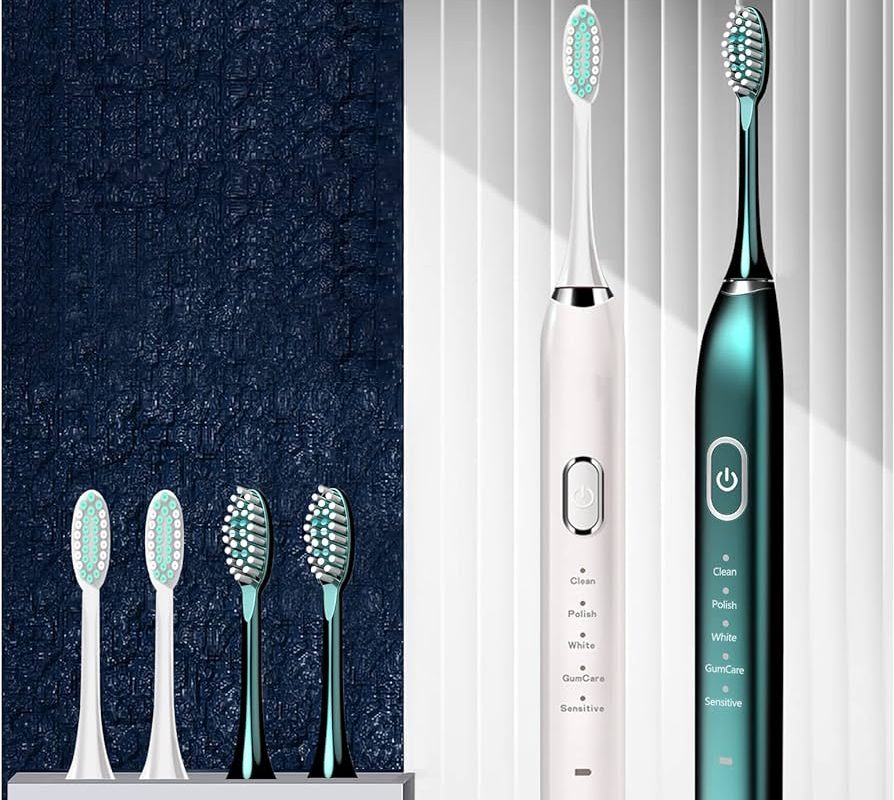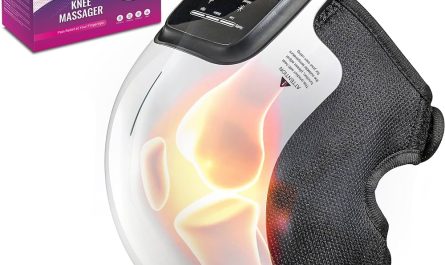Introduction
Maintaining good oral hygiene while traveling is essential, and many individuals rely on electric toothbrushes to achieve effective cleaning. However, when it comes to air travel, there may be certain restrictions and guidelines regarding bringing electric toothbrushes onboard. In this informative guide, we will explore the regulations and considerations associated with carrying an electric toothbrush on a plane, discuss the Transportation Security Administration (TSA) guidelines, highlight potential challenges, and offer tips for hassle-free air travel with your electric toothbrush.
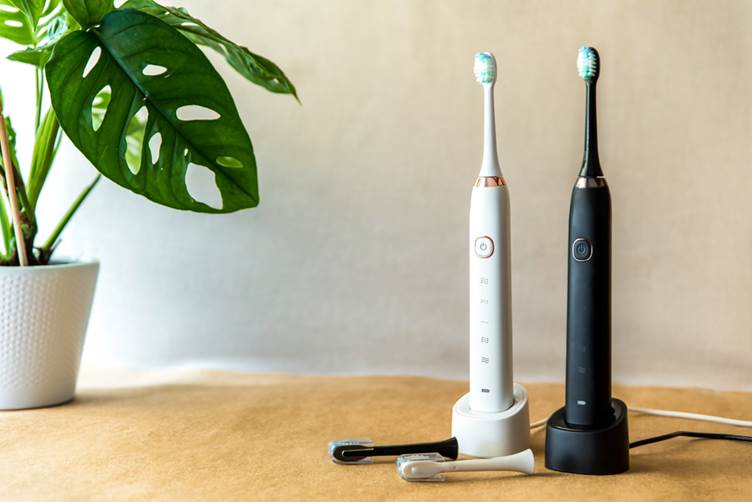
Can You Bring an Electric Toothbrush on a Plane?
I. Understanding TSA Guidelines for Carry-on Items
-
General Rules for Electronic Devices:
- The TSA allows electronic devices to be brought onboard, including electric toothbrushes. However, specific regulations may apply, especially regarding power sources and batteries.
-
Lithium Batteries:
- Electric toothbrushes typically contain lithium batteries. According to the TSA, lithium batteries must be carried in carry-on luggage rather than checked baggage due to concerns about potential heat and fire hazards.
II. Carrying Electric Toothbrushes in Carry-on Luggage
-
Allowed in Carry-on Bags:
- Electric toothbrushes are generally allowed in carry-on bags. However, it is important to consider the specific features and components of your electric toothbrush, such as detachable brush heads or additional accessories, before packing.
-
Security Screening Process:
- Electric toothbrushes will go through the standard security screening process alongside other electronic devices. Remove the toothbrush from your bag and place it in a separate bin during the screening.
-
Battery Considerations:
- Ensure that the lithium battery of your electric toothbrush remains securely connected and protected during travel. If the battery is removable, consider removing it and placing it in a separate plastic bag or container for added safety.
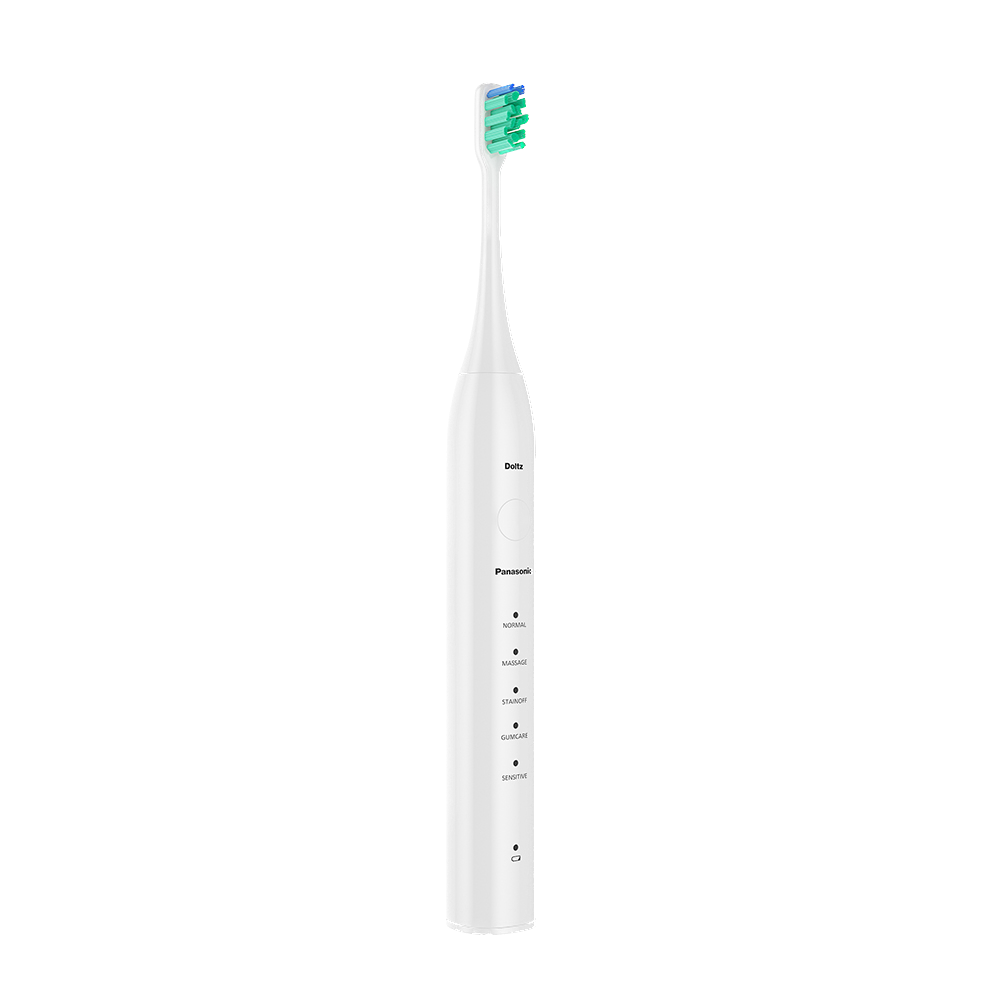
III. Challenges and Precautions
-
Limited Access to Charging:
- While most electric toothbrushes have sufficient battery life for short-term travel, consider recharging your toothbrush prior to your trip to avoid any inconveniences caused by limited access to charging facilities during your journey.
-
International Travel Voltage:
- If you are traveling internationally, it is important to check the voltage compatibility of your electric toothbrush. Some electric toothbrushes are designed to work with different voltage ranges, while others may require a voltage converter or adapter.
IV. Tips for Hassle-Free Air Travel with Your Electric Toothbrush
-
Research Airline Policies:
- While the TSA provides general guidelines, different airlines may have specific rules or restrictions regarding electronic devices. Check the individual airline’s policies to ensure compliance.
-
Pack Appropriately:
- Pack your electric toothbrush in a protective case or bag to safeguard it from potential damage during the journey. This will also help keep the bristles clean and free from contamination.
-
Carry Spare Batteries (If Applicable):
- If your electric toothbrush requires replaceable batteries, consider carrying spare batteries in your carry-on luggage in case the existing battery loses power during your travels.
-
Check for Local Voltage:
- If you are traveling internationally and plan to bring your electric toothbrush, research the local voltage at your destination to ensure compatibility. Voltage converters or adapters may be necessary to safely use your toothbrush.
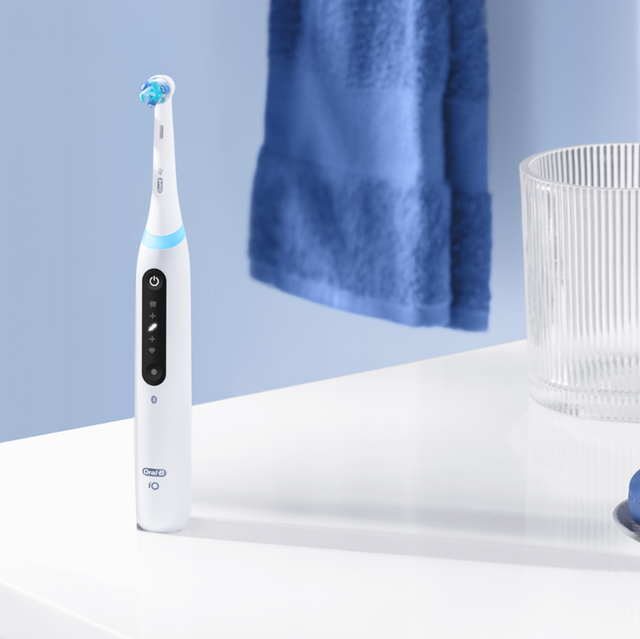
VI. Exemptions and Exceptions
-
Medical Exemptions:
- Some individuals may have specific medical conditions or requirements that necessitate the use of an electric toothbrush. In such cases, it is advisable to carry a written prescription or a document from a healthcare professional stating the necessity of the device. This can help facilitate the security screening process and provide necessary documentation if required.
-
Accessibility Needs:
- Passengers with disabilities or medical conditions that affect their ability to perform manual brushing may also be allowed to bring electric toothbrushes onboard. In such cases, it is recommended to notify the airline in advance and provide any necessary documentation or assistance requests.
VII. Final Considerations
-
Communication with Security Personnel:
- If you have any concerns or questions regarding the approval of your electric toothbrush during security screening, approach the TSA officers calmly and communicate any special requirements or considerations. Cooperation and clarity can help ensure a smooth and efficient process.
-
Check Latest Guidelines:
- Keep in mind that rules and regulations can change over time. It is recommended to visit the TSA website or contact your airline closer to your travel date to confirm the latest guidelines regarding electric toothbrushes and other electronic devices.
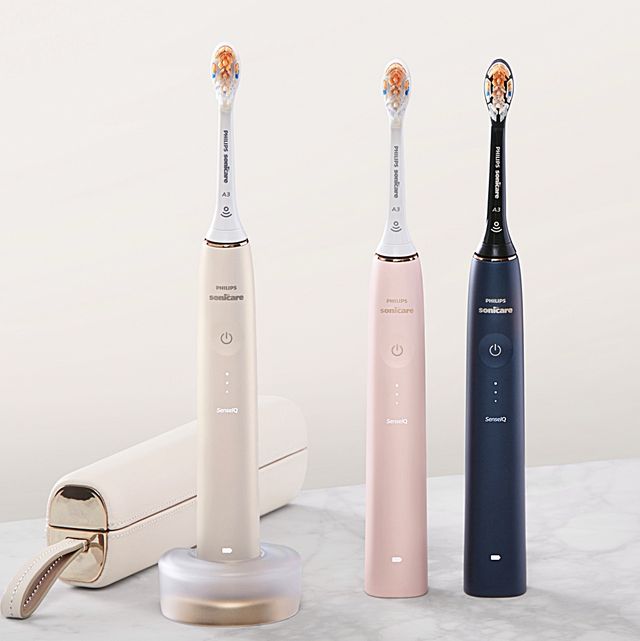
Can I charge my electric toothbrush on an airplane?
Charging an electric toothbrush on an airplane is generally not recommended. Most airlines have regulations that prohibit the use of electrical outlets during flights for safety reasons. This includes charging electronic devices such as electric toothbrushes.
It is advisable to fully charge your electric toothbrush before your flight and bring a spare brush head if needed. This way, you can maintain your oral hygiene routine during your trip without relying on the availability of charging options on the plane.
Always check with the specific airline you are traveling with to ensure compliance with their policies regarding the use of electronic devices and charging capabilities during the flight.
It’s important to note that each airline may have slightly different policies regarding electronic devices and charging capabilities during flights. Some airlines may have designated areas or outlets where you can charge your devices, while others may not permit any charging at all.
To avoid any inconvenience, it is best to fully charge your electric toothbrush before your flight and bring a portable charger if necessary. This will ensure that you have a charged toothbrush throughout your journey.
Additionally, it’s always a good idea to check the current regulations and guidelines of the airline you’re flying with to stay informed about any updates or changes to their policies regarding electronic devices and charging during flights. This will help ensure a smooth and hassle-free travel experience.
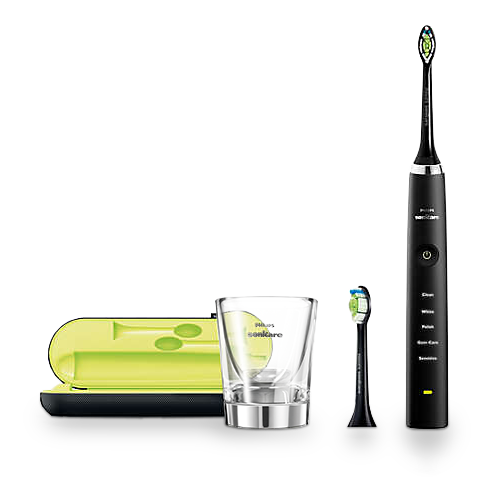
V. Conclusion: Maintaining Oral Hygiene On the Go
Traveling with an electric toothbrush is generally allowed, provided the TSA guidelines and individual airline policies are followed. Electric toothbrushes can be packed in carry-on luggage, and precautions should be taken regarding lithium batteries and potential voltage differences during international travel.
By understanding the regulations and considering practical tips for hassle-free air travel with your electric toothbrush, you can maintain good oral hygiene and keep your smile healthy, even while on the go. Remember to research and comply with specific airline policies, pack appropriately, and consider backup options for power sources if necessary. Enjoy a fresh and clean mouth throughout your journey, knowing that your oral health remains a priority.

